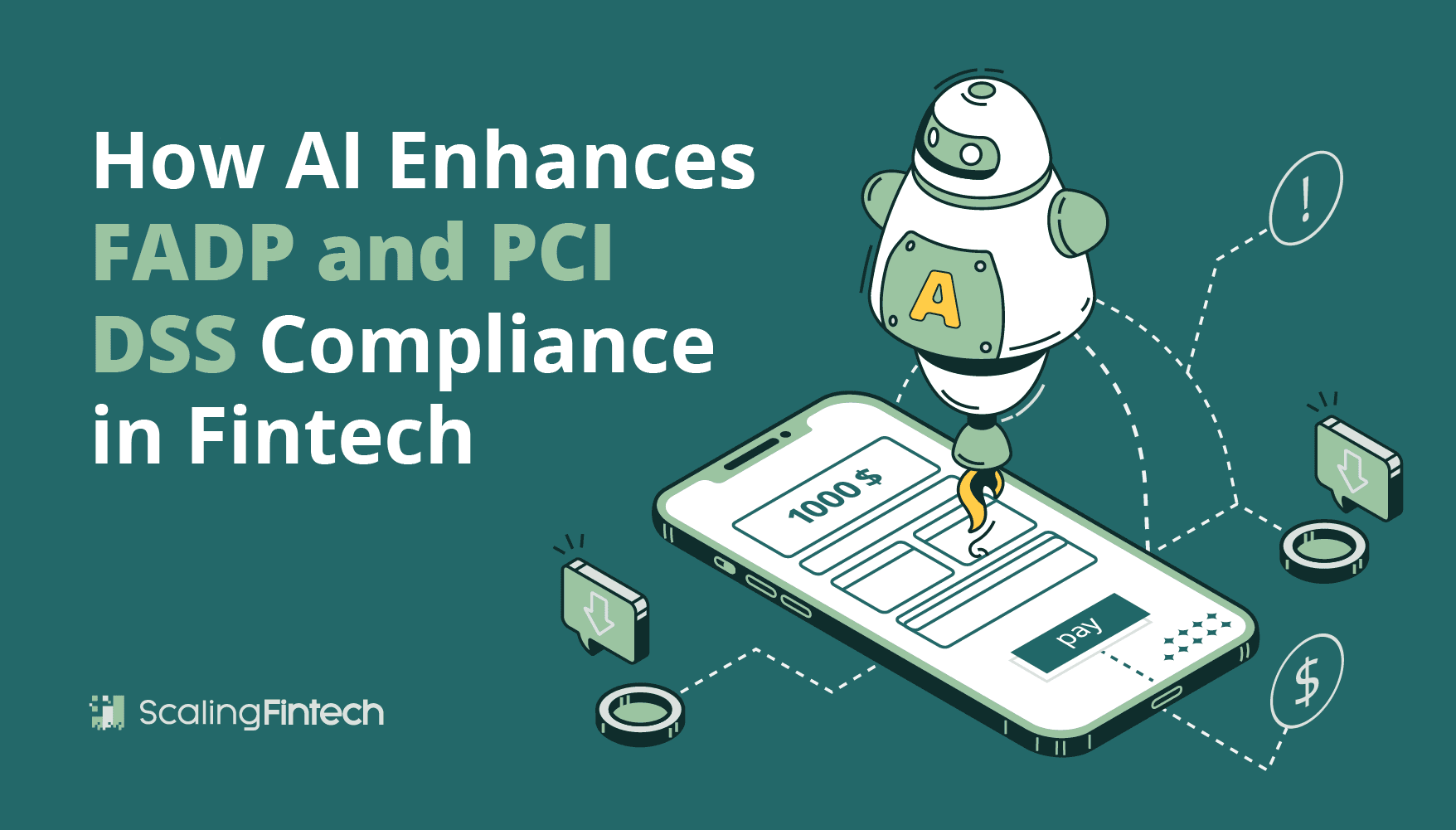Master FCA compliance in fintech marketing. Learn AI strategies. Prevent risks. Align with FCA standards. Boost transparency, trust, and growth. Stay updated on crypto regulation, UK fintech, and new FCA policies. This will help you navigate the changing landscape.
Introduction
AI-driven marketing is transforming fintechs’ customer connections. It offers personalization, efficiency, and innovation. But what is a fintech company? It’s a business that uses technology to improve and automate financial services These advancements bring regulatory challenges, especially under the Financial Conduct Authority (FCA), which governs the UK’s financial markets and oversees fintech regulation, including FCA crypto guidelines and FCA bitcoin regulations.
Why FCA Compliance Matters
- The FCA enforces transparency, fairness, and accountability in all financial promotions.
- Non-compliance can lead to:
- Hefty fines
- Reputational damage
- Restricted operations
This guide provides actionable insights, real-world examples, and practical strategies to ensure your AI-driven marketing aligns with FCA standards and fintech compliance requirements, including the latest UK crypto regulation 2024 updates and financial services act provisions.
Understanding FCA Compliance in Fintech Marketing
What is the FCA?
The FCA regulates over 58,000 financial firms in the UK fintech sector, ensuring ethical practices to protect consumers and maintain market integrity. This includes overseeing FCA-regulated crypto exchanges in the UK and implementing authorization processes for fintech companies.
Key FCA Objectives
- Consumer Protection: Safeguarding against misleading claims and unfair practices.
- Market Integrity: Promoting ethical competition and clear communication.
- Fair Competition: Encouraging consumer-first options in financial services and financial inclusion.
Requirements for FCA-Compliant Marketing
- Fair, Clear, and Not Misleading: Promotional materials must be accurate and ethical.
- Evidence-Based Claims: All claims should be verifiable.
- Transparent Disclosure: Risks and benefits must be clearly outlined.
- Compliance Review: Marketing materials need approval from qualified officers.
Real-World Example: In 2022, Santander, one of the top fintech companies in the UK, was fined £107.7 million for inadequate financial crime controls, including misleading marketing practices. This penalty underscores the importance of rigorous compliance processes in the UK fintech landscape and the need for financial resilience.
The Role of AI in Fintech Marketing and FCA Compliance

How AI Enhances Fintech Marketing
Artificial intelligence empowers fintech companies to deliver:
- Personalization: Tailored customer experiences based on behavior.
- Fraud Detection: Real-time analysis to identify suspicious activities.
- Automated Engagement: 24/7 support through AI-driven chatbots.
| Metric | Impact |
| Customer Engagement | +65% Increase |
| Marketing ROI | +45% Improvement |
| Response Time | -80% Reduction |
Challenges of AI in FCA Compliance
- Algorithmic Bias: Unintended discrimination can lead to regulatory issues.
- Transparency: AI decisions must be explainable to both regulators and customers.
- Risk of Misleading Claims: Overhyping AI capabilities (AI-washing) can result in non-compliance.
Case Study: JPMorgan Chase successfully deployed the AI chatbot COIN for customer interactions. The company met FCA standards and improved customer satisfaction. It did this by auditing and disclosing its AI usage. This approach demonstrates the balance between innovation and regulatory scrutiny.
Best Practices for FCA-Compliant AI Marketing

1. Implement Transparent AI Strategies
Transparency is essential to FCA compliance. All AI and machine learning decisions must be traceable and auditable. This is vital for blockchain tech and crypto regulation news.
Action Steps:
- Create a Transparency Dashboard to track:
- Algorithm updates
- Customer feedback
- Document all AI decisions for compliance audits.
| Metric | Monitoring Frequency |
| Algorithm Updates | Weekly |
| Customer Feedback | Live |
2. Mitigate Risks in AI Marketing
Proactively address risks to ensure compliance and operational integrity. This is especially important in crypto advertising and laws.
Steps to Implement:
- Conduct monthly algorithm audits to identify and mitigate bias.
- Develop an incident response protocol to address compliance breaches.
- Form a cross-functional compliance team involving marketing, compliance, and technical staff.
- Implement robust KYC (Know Your Customer) and anti-money laundering procedures, including Zilch authentication methods for enhanced security.
3. Strengthen Data Privacy Measures
Data governance is critical for responsible AI-driven marketing and blockchain implementation.
Tips for Success:
- Obtain explicit consent for data usage in marketing.
- Implement granular control mechanisms that allow customers to adjust data-sharing preferences.
- Provide regular training for staff on emerging data privacy regulations and crypto compliance.
4. Foster Team Collaboration for Compliance
A collaborative approach ensures seamless integration of FCA standards across departments.
How to Foster Collaboration:
- Organize quarterly workshops on FCA guidelines for all teams.
- Set up a compliance monitoring framework to track:
- Staff training completion rates.
- Documentation coverage.
- AI decision accuracy.
| Metric | Target Range | Monitoring Frequency |
| AI Decision Accuracy | 95-99% | Daily |
| Documentation Coverage | 100% | Weekly |
| Staff Training Completion | >95% | Monthly |
Tools and Frameworks for FCA Compliance

Leveraging FCA’s AI Lab and Regulatory Sandbox
The FCA sandbox and AI Lab help fintech firms. They offer resources to navigate compliance and test new ideas. This fosters regulatory innovation. The Regulatory Sandbox is great for testing new products in a controlled environment.
| Component | Purpose | Key Benefit |
| AI Sprint | Collaborative discussions | Safe AI adoption |
| Digital Sandbox | Testing innovative solutions | Risk-free experimentation |
| AI Spotlight | Showcasing success stories | Practical insights |
Using RegTech Solutions
RegTech tools automate compliance checks. They simplify adherence to FCA and crypto laws.
Features Include:
- Real-time alerts on regulatory changes.
- Automated compliance reporting.
- Risk management for AI-driven campaigns and cryptocurrency-related marketing.
Preparing for the Future of FCA Compliance
Trends Shaping FCA Regulations
- Data-Led Regulation: Emphasis on real-time monitoring of AI practices and blockchain technologies.
- Enhanced Consumer Protection: Stricter transparency standards for financial services.
- Global Harmonization: Aligning UK crypto regulation with international standards.
Proactive Steps to Stay Ahead
- Establish an AI governance framework with clear accountability.
- Participate in FCA’s Innovation Pathways for customized regulatory support.
- Regularly update compliance frameworks to reflect evolving FCA expectations and regulatory requirements.
- Stay informed about fintech live developments and attend industry events like Cityweek for the latest insights.
How Scaling FinTech Can Help with FCA Compliance
Scaling FinTech specializes in AI-driven, FCA-compliant marketing solutions tailored for fintech companies and UK fintechs.
Why Choose Scaling FinTech?
- Precision: Customized strategies aligned with FCA requirements and fintech regulation.
- Transparency: Real-time reporting ensures visibility into campaign performance.
- Client-Centric: Delivering growth while prioritizing compliance in financial technology.
Get Started Today
Book a free consultation with Scaling FinTech. We’ll explore how FCA compliance can boost your marketing in the UK fintech sector.
Conclusion

AI-driven marketing offers fintech companies huge opportunities. But, they must comply with FCA rules and the wider regulations. It’s a must.
AI-driven marketing offers fintech companies immense opportunities, but compliance with FCA regulations and the broader regulatory framework is non-negotiable.
Key Takeaways:
- Transparency and accountability are critical to success in financial services.
- Regular audits prevent risks and ensure fairness in AI and blockchain applications.
- Collaboration across teams strengthens compliance frameworks and supports innovation.
Fintech firms can comply by using best practices and tools like the FCA sandbox. This will drive innovation in areas like cryptocurrency, blockchain, and digital assets.
Would you like more insights or resources on FCA compliance, open banking, digital identity, and the future financial services regulatory regime for cryptoassets? Reach out today!




